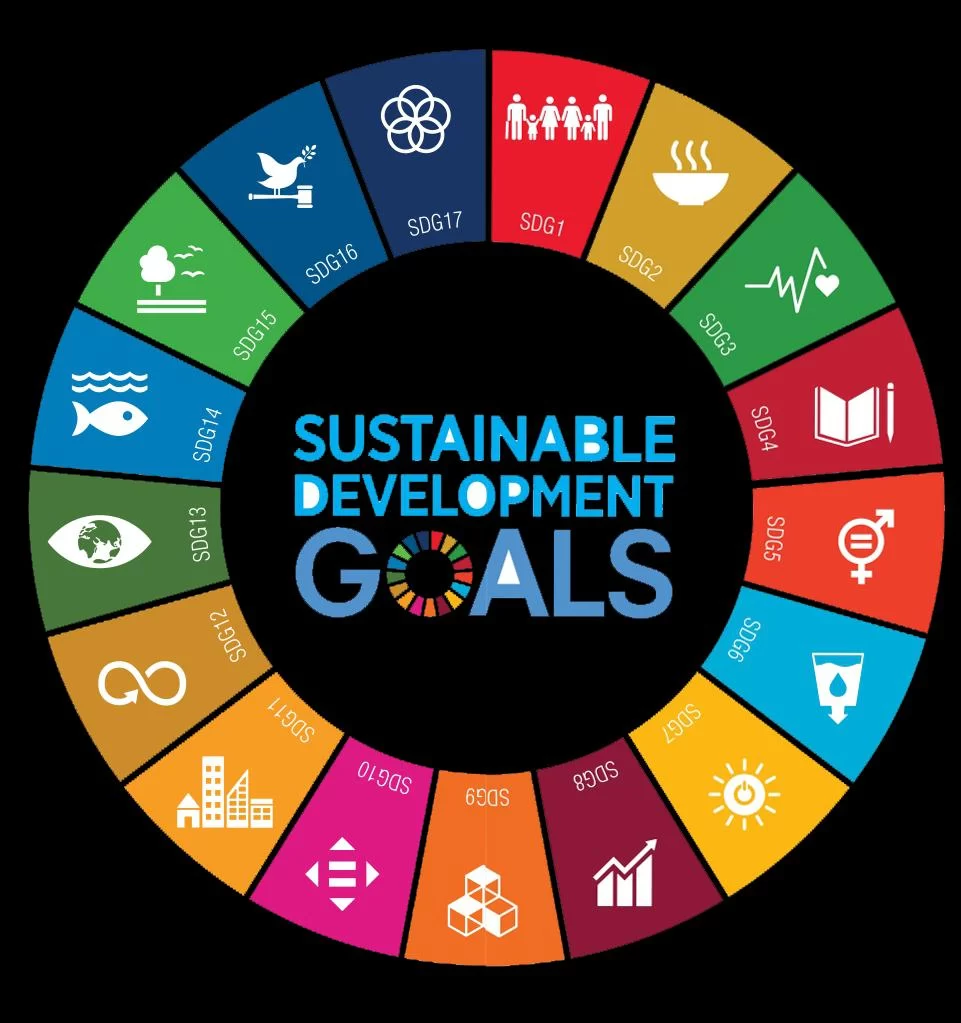Our Sustainability Strategy
Our Sustainability Strategy
At FREEE Recycle Holding Limited, sustainability is deeply woven into the fabric of our business model and core mission. We are pioneering an innovative integrated recycling and manufacturing approach to catalyze impactful circular economies that protect the environment while creating sustainable livelihoods and economic opportunity.
Our sustainability strategy is multi-faceted, tackling interlinked environmental and socio-economic challenges through localized closed-loop recycling solutions implemented across Africa. With our focus on sustainability and economic empowerment, FREEE Recycle has been able to make significant strides aligned with 12 of the UN Sustainable Development Goals (SDGs)

Environmental Sustainability
- Waste Management and Recycling: Our integrated recycling facilities (IRFs) would recycle waste tyres from dumpsites, landfills and open burning across Africa. We recycle this waste feedstock into quality raw materials for manufacturing recycled rubber products on-site.
- Emissions Reduction: By preventing tyres from improper disposal methods like open-air burning and collecting methane from stockpiles, our operations mitigate harmful greenhouse gas emissions and air pollutants that contribute to climate change.
- Mosquito Hazard Prevention: Waste tyres collect stagnant water, serving as breeding grounds for mosquitoes that spread malaria and other diseases. Our IRM model improves community health outcomes by eliminating these hazards.
- Circular Economy and Resource Efficiency: Our IRFs unite recycling and manufacturing operations in a closed loop, maximizing resource efficiency and keeping materials in perpetual cyclical utilization – the embodiment of a circular economy.
- Biodiversity Protection: By curbing open dumping and pollution leakage, our recycling model helps protect vulnerable ecosystems, habitats and biodiversity.
Social and Economic Sustainability
- Community Investment: A core tenet is investing in the economic empowerment of local communities near our operations through local hiring, skills training and entrepreneurship programs.
- Inclusive Job Creation: Our IRFs catalyze quality employment opportunities with clear pathways for vocational development, prioritizing an inclusive workforce spanning gender, age and socioeconomic status.
- Health & Safety: We maintain stringent standards optimizing worker health, safety and workplace conditions through robust protocols, trainin, and compliance monitoring.
- Uplifting Local Economies: Our business model uplifts associated SMEs by contracting local suppliers, distributors, transportation providers and other services to support and benefit from our circular value chain.
- Sustainable Manufacturing: Our products consist primarily of eco-friendly recycled rubber that is durable, sustainably sourced and designed for extended lifecycles and reuse.
- Partnerships for Impact: We actively cultivate strategic partnerships with government agencies, NGOs, community organizations and industry groups aligned with our mission driving holistic sustainability impacts.
Governance
Our environmental, social and economic sustainability pillars are underpinned by robust corporate governance policies and ethical practices embedded at all levels of our enterprise:
- Stringent emissions monitoring and environmental compliance
- Comprehensive sustainability reporting aligned with GRI and SASB standards
- Commitment to diversity, equity and inclusion
- Human rights protections and fair labour practices
- Anti-corruption and ethical business conduct
- Accountability through third-party audits and assurance